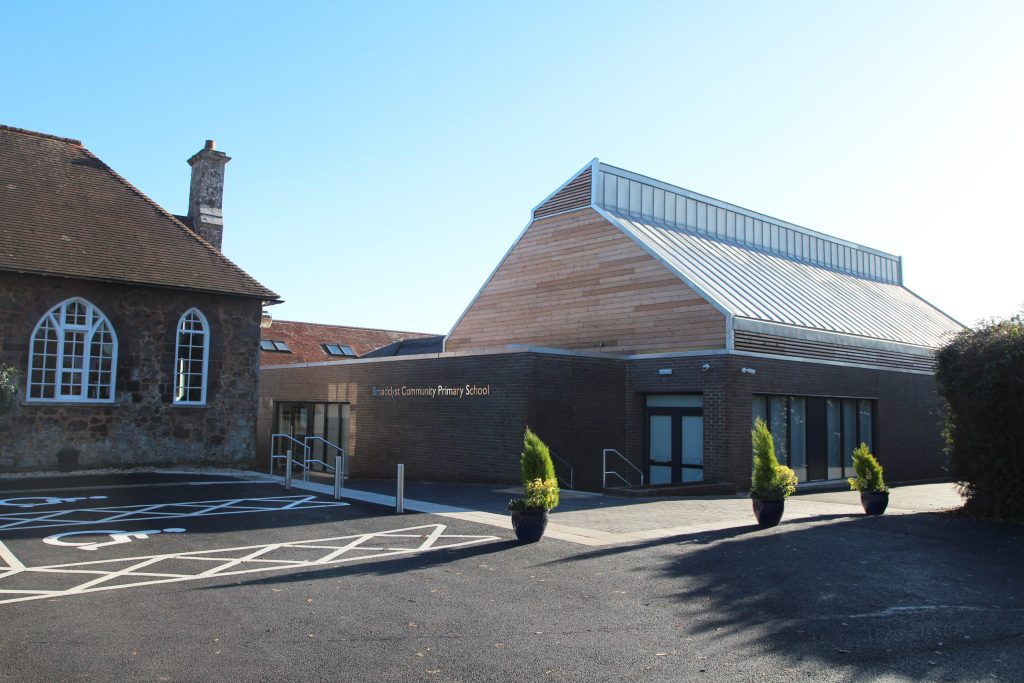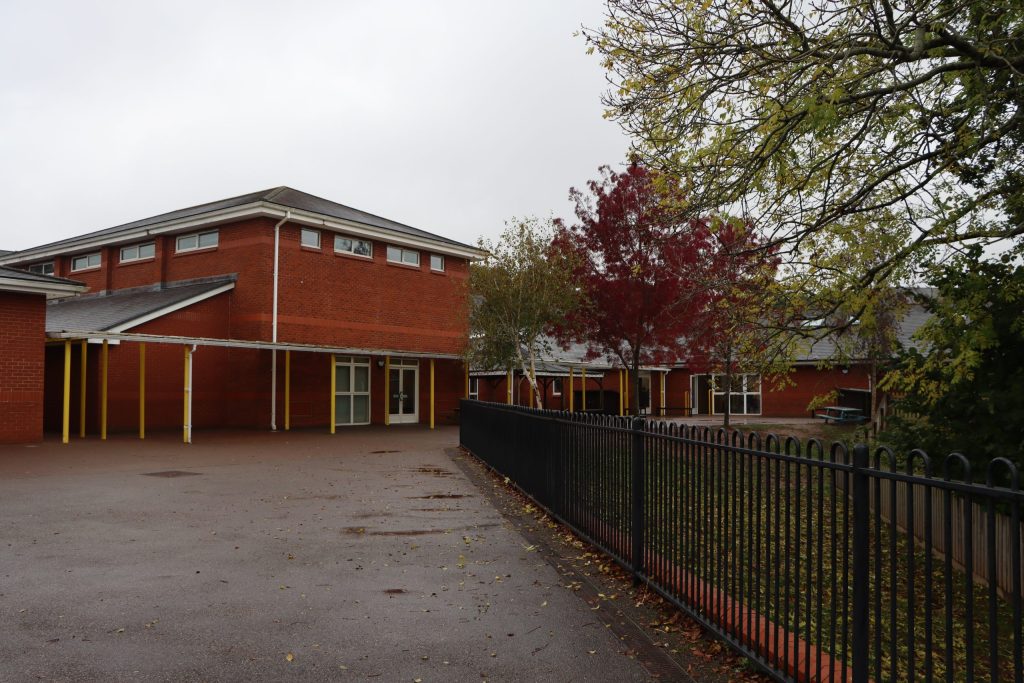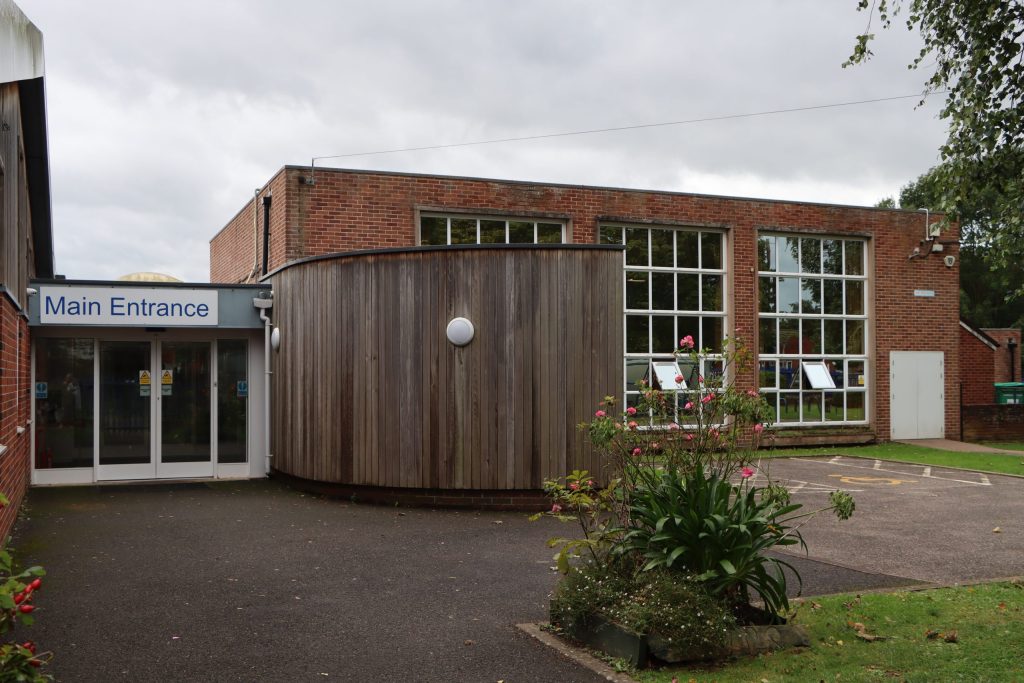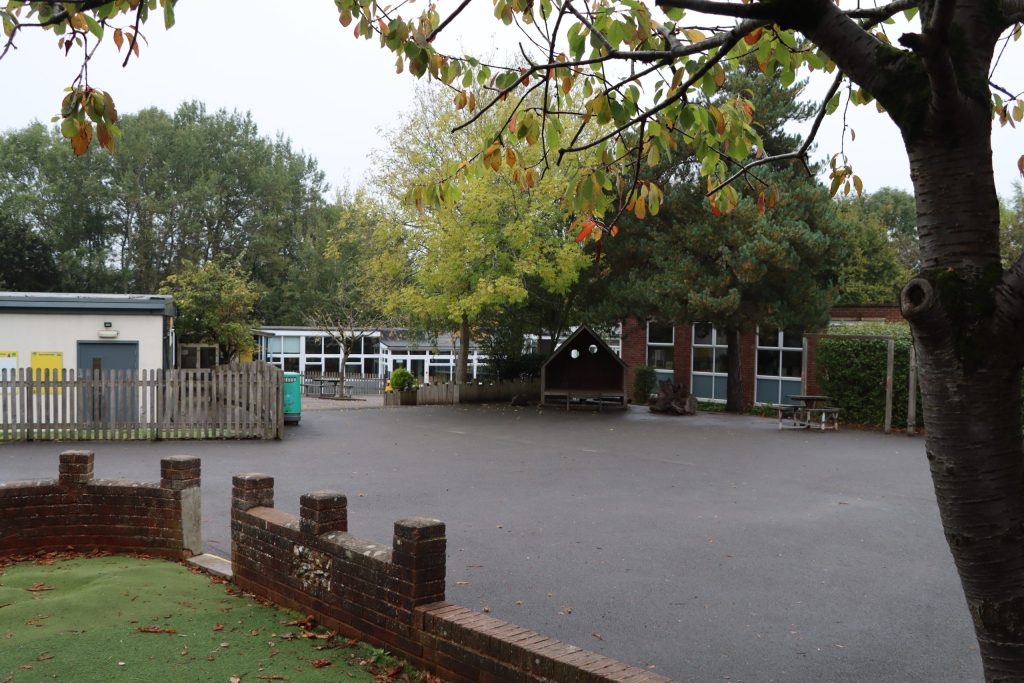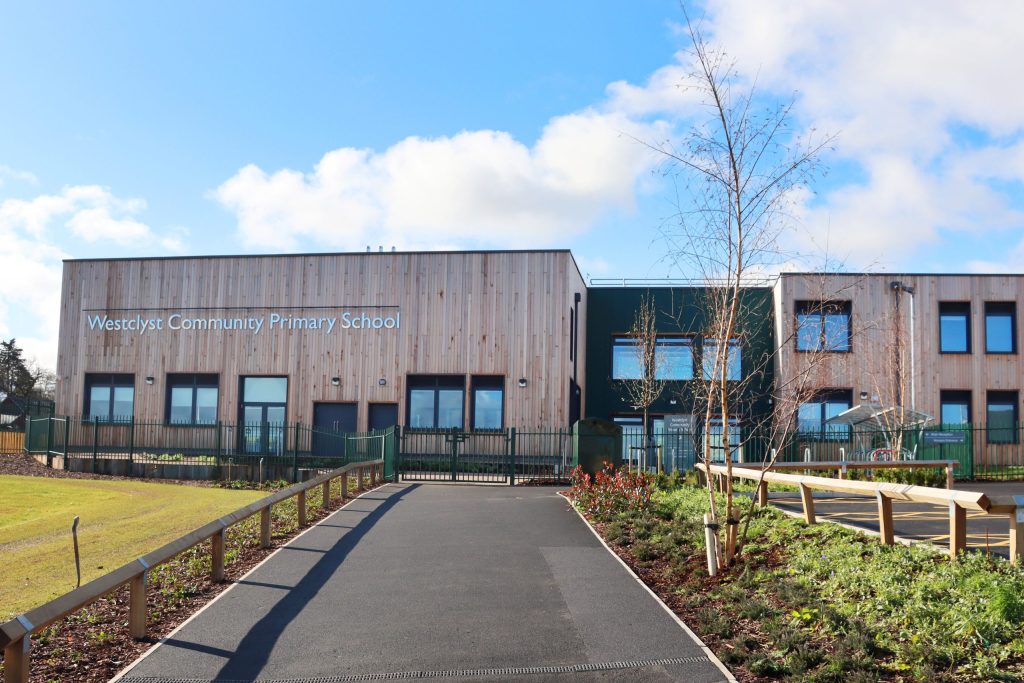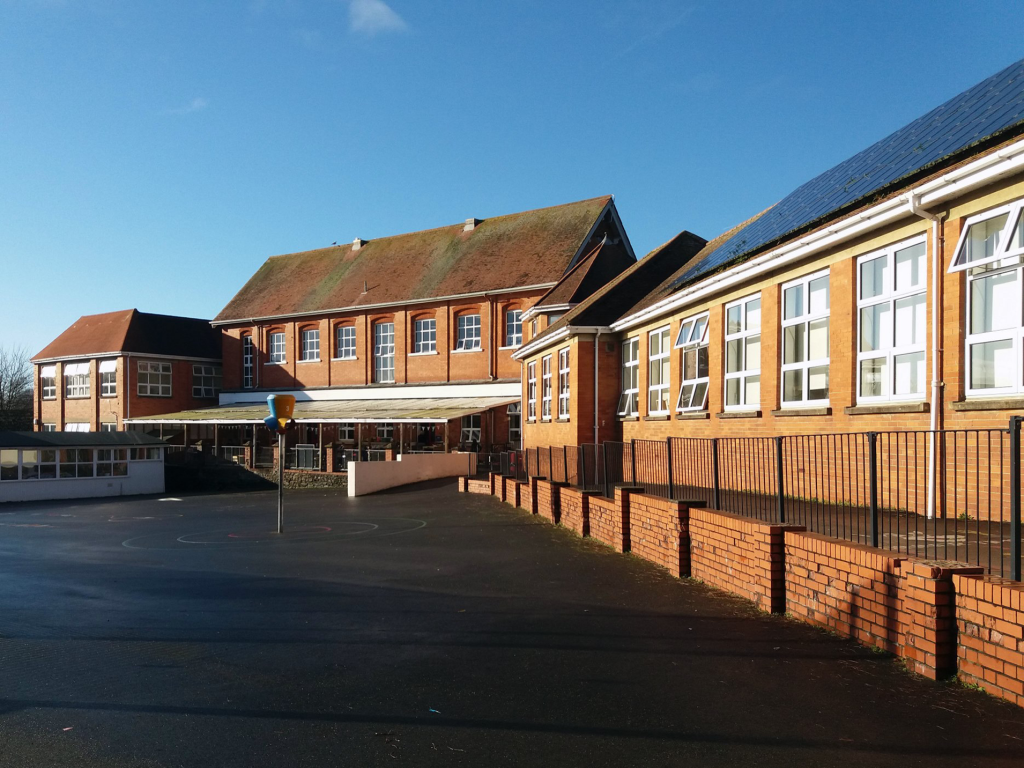Religious Education
Religious Education (RE) aims to engage pupils in systematic enquiry into significant human questions addressed by religions, beliefs and worldviews. Through carefully structured enquiry questions, pupils are encouraged to investigate, understand, and reflect on a range of beliefs, values, and traditions. This approach develops their ability to evaluate diverse perspectives, articulate their own thoughtful responses, and appreciate the impact of religion and worldviews on individuals and communities.
Nursery
In Nursery, pupils begin to explore the idea of special times, people, and celebrations. They talk about their own experiences of birthdays, family traditions, and festivals, and begin to understand that different people celebrate in different ways. Through stories, songs, and simple activities, children are introduced to key religious celebrations such as Christmas and Easter. They learn that these events are important to many people and begin to recognise some of the symbols and traditions associated with them. These early experiences help children develop respect for others and an awareness of the diverse world around them.
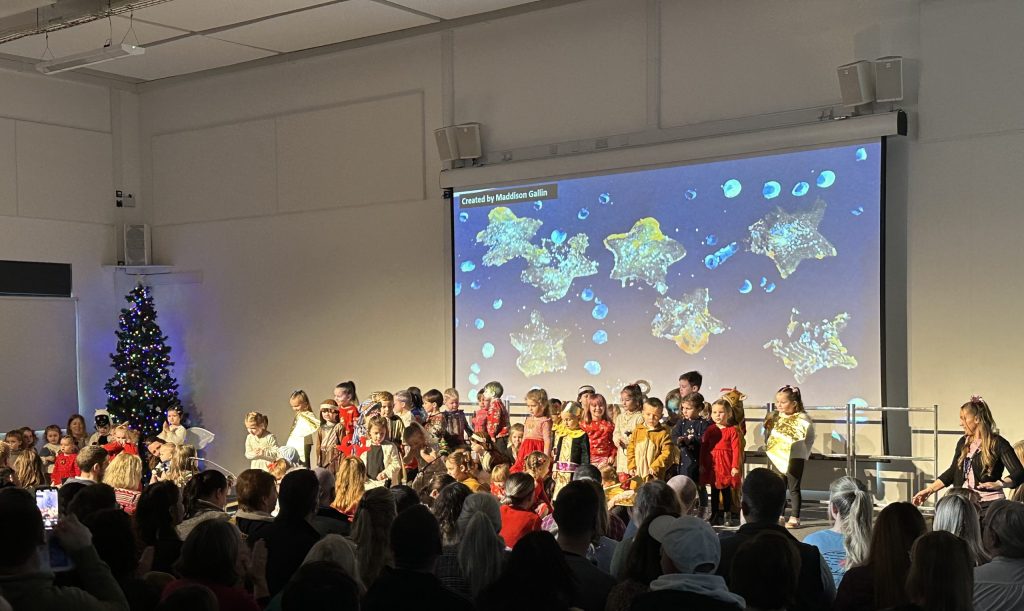
Understanding the World
Understanding the world involves guiding children to make sense of their physical world and their community. The frequency and range of children’s personal experiences increases their knowledge and sense of the world around them – from visiting parks, libraries and museums to meeting important members of society such as police officers, nurses and firefighters. In addition, listening to a broad selection of stories, non-fiction, rhymes and poems will foster their understanding of our culturally, socially, technologically and ecologically diverse world. As well as building important knowledge, this extends their familiarity with words that support understanding across domains. Enriching and widening children’s vocabulary will support later reading comprehension.
Reception
In Reception, pupils build on their understanding of special times and begin to explore the beliefs and practices of different religious communities. They learn why Christmas and Easter are special for Christians and begin to understand the stories behind these celebrations. Through storytelling, role play, and creative activities, children explore the meaning of religious symbols and traditions. They are encouraged to ask questions, share their own experiences, and listen to others. Pupils also begin to learn about other world religions through festivals such as Diwali and Eid, helping them to develop a sense of respect, curiosity, and appreciation for different beliefs and cultures.
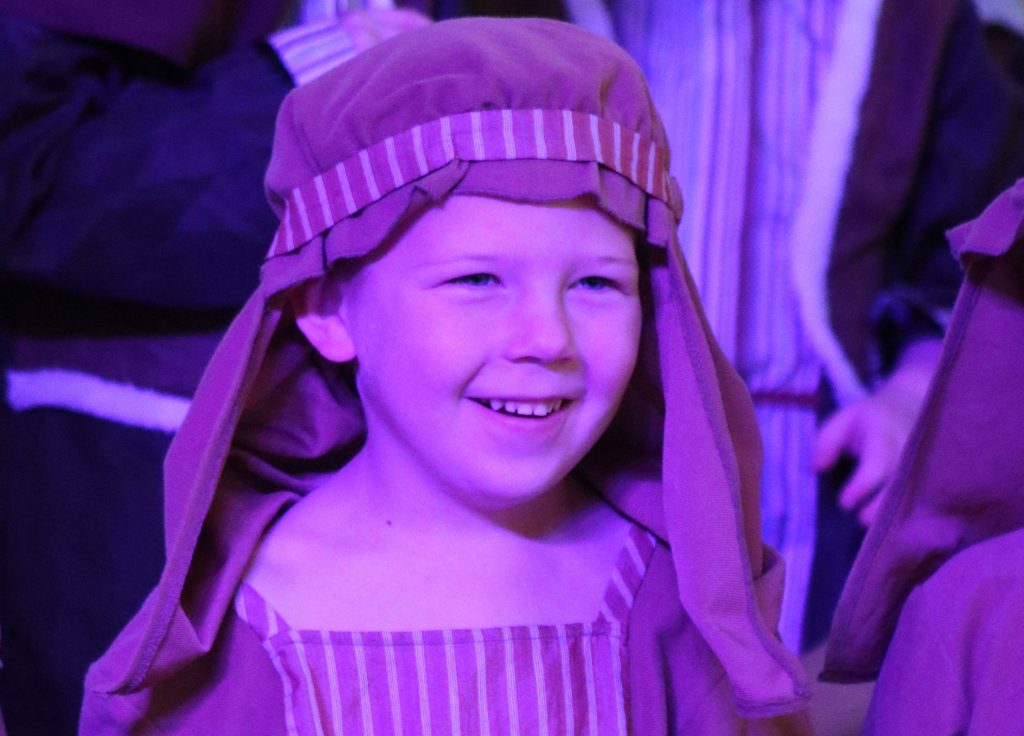
Understanding the World
Understanding the world involves guiding children to make sense of their physical world and their community. The frequency and range of children’s personal experiences increases their knowledge and sense of the world around them – from visiting parks, libraries and museums to meeting important members of society such as police officers, nurses and firefighters. In addition, listening to a broad selection of stories, non-fiction, rhymes and poems will foster their understanding of our culturally, socially, technologically and ecologically diverse world. As well as building important knowledge, this extends their familiarity with words that support understanding across domains. Enriching and widening children’s vocabulary will support later reading comprehension.
Year 1
In Year 1, children explore a range of beliefs and values through stories, discussions, and creative activities. They learn about Christianity, including the creation story, and explore symbols, worship, and what different people believe. As they begin to understand the world’s diversity, they learn about faith communities, recognising that people have different beliefs and ways of living. Later in the year, they explore Islam, learning about the Five Pillars, prayer, and how Muslims live their faith. Through questions like “What does it mean to be good?”, children reflect on morality, rules, and how different people—religious and non-religious—make choices. They also explore Buddhism, and finish the year with big questions like “Is it okay to be different?” and “Who is the most important person in a community?”, encouraging thoughtful discussion and empathy.
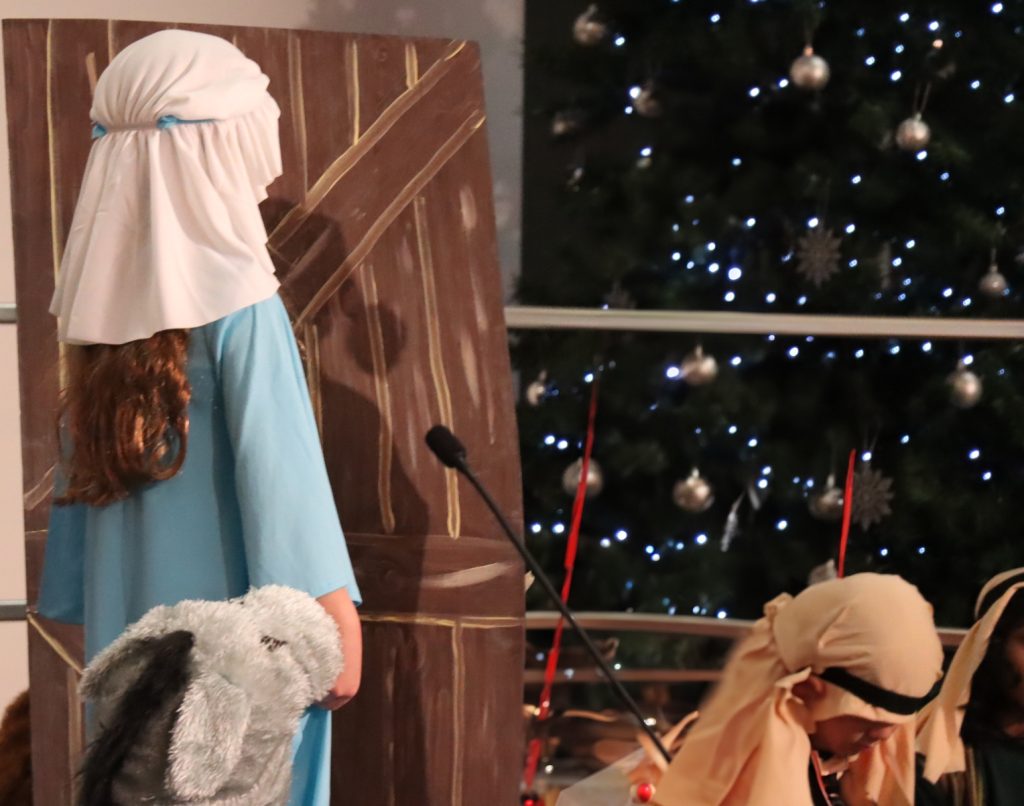
- Explore Christian stories and symbols, and the creation story.
- Learn about faith communities and diversity.
- Discover how Muslims pray and follow the Five Pillars.
- Understand religious and non-religious ideas of goodness.
- Explore Buddhist beliefs and worship.
- Learn why stories and worship matter in Christianity.
- See how faith communities shape identity.
- Understand how Muslims practise prayer and rules.
- Explore how morality guides behaviour.
- Appreciate Buddhist worship in daily life.
- Explore identity, similarities, and differences.
- Respect global cultures and diversity.
- Discuss “Is it ok to be different?” and “Who is important in a community?” using texts like Something Else and There’s Room for Everyone.
Year 2
In Year 2, children deepen their understanding of world religions and values through thoughtful enquiry and storytelling. They revisit Christianity, exploring the Bible, who reads it, and why its stories are important. They also learn about Judaism, focusing on the Torah and its role in Jewish life. In the spring, they explore the themes of conflict and peace, learning how disagreements happen and how people work to resolve them. Later in the year, they explore Hinduism, including rebirth, worship, and important symbols. They also learn about Humanism, exploring stories that teach values and comparing them with fables and fairy tales. The year ends with a reflective unit called Let’s Get Thinking, where children consider big ideas like “What does it mean to be brave?” and “Is there a time when we shouldn’t share?”, helping them grow into thoughtful and compassionate individuals.
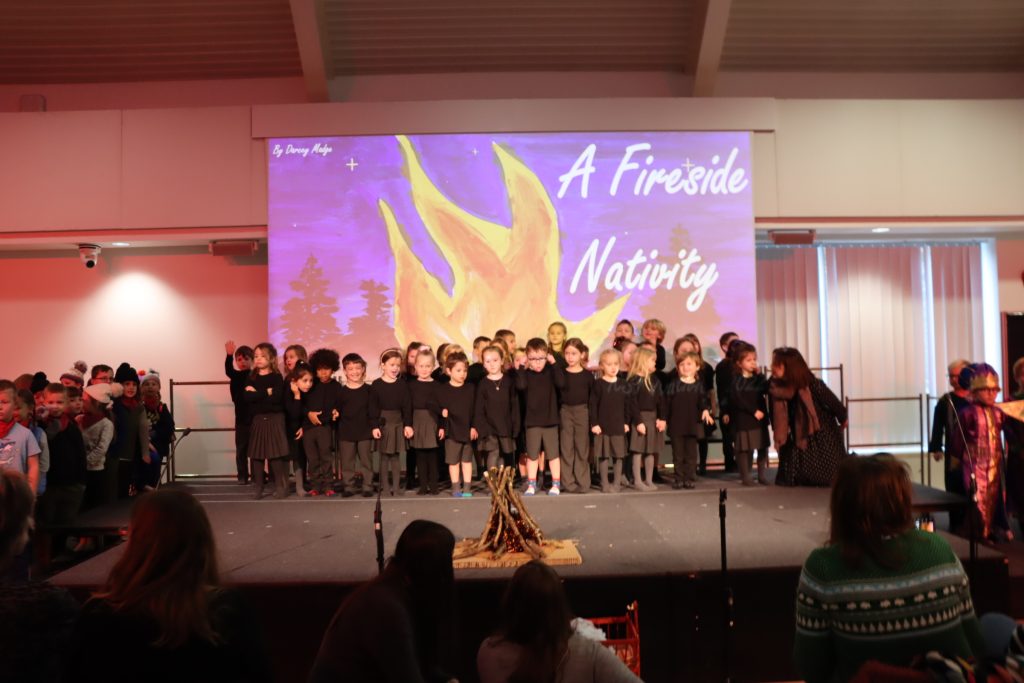
- Explore Christian and Jewish stories and texts.
- Learn about conflict, peace, and global living.
- Discover Hindu beliefs, worship, and symbols.
- Explore Humanist stories and values.
- Learn why stories from the Bible and Torah matter.
- See how conflict and peace-building are addressed in faith.
- Understand how Hindu beliefs influence life.
- Explore how Humanist stories teach values.
- Discuss bravery, difference, and sharing using Frog is a Hero.
- Explore bravery, difference, and community.
- Respect global cultures and diversity.
- Discuss “Is it ok to be different?” and “Is there a time not to share?” using Frog is a Hero.
Year 3
In Year 3, pupils engage with a central question, “Is the end more important than the journey?”, guiding their learning as they investigate how beliefs and practices shape both the process and outcomes of faith. Pupils discuss the links between narratives that occur at pilgrimage sites and consider how these stories influence the lives of individuals and communities. They examine how pilgrimages can demonstrate belief and serve as acts of worship, reflecting on the sacrifices people make to undertake such journeys and how these experiences can enrich lives, from both religious and humanist perspectives. Through topics such as how prayer and fasting help Muslims find harmony, how ancient stories influence modern festivals, and how Jews remember God’s covenant during Pesach, pupils reflect on the significance of both journeys and destinations. They also examine the meaning of Holy Week stories, explore rites of passage in various communities, and consider how music and silence express spirituality. This approach not only broadens their understanding of diverse traditions but also develops their ability to think critically about the value of experiences and the goals they lead to.

- Explore how prayer and fasting help Muslims grow their faith.
- Investigate how ancient stories influence modern celebrations (e.g., Diwali, Christmas).
- Understand the significance of Pesach in Judaism and Holy Week in Christianity.
- Examine rites of passage across religions and how music and dance express beliefs.
- Learn how the Five Pillars of Islam shape daily life.
- Discover how celebrations and stories help believers remember significant events.
- Understand how rites of passage mark commitment and life stages.
- Explore how religious music and silence create connections to the divine.
- Identity and belonging: Explore social identity and group membership.
- Appreciate and respect global cultures and diversity.
- Discuss questions such as “Is it ok to be different?” and “What do you need to be happy?”
- Texts: Jemmy Button, Beegu.
Year 4
In Year 4, pupils explore the core concept of worship across a range of religions, guided by the enquiry question, “What is worship and does it happen in a special place?” Through this focus, pupils identify and explain what worship means in different faiths and how it is expressed both individually and within communities. They visit places of worship to observe and discuss the significance of these spaces, engaging with religious leaders to understand the role worship plays in the lives of believers. Pupils consider how worship can occur in special places as well as in everyday life, and reflect on the importance of these practices for religious identity and community cohesion. This approach encourages pupils to think critically about the meaning and purpose of worship, the diversity of religious expression, and the ways in which sacred spaces shape and support faith communities.
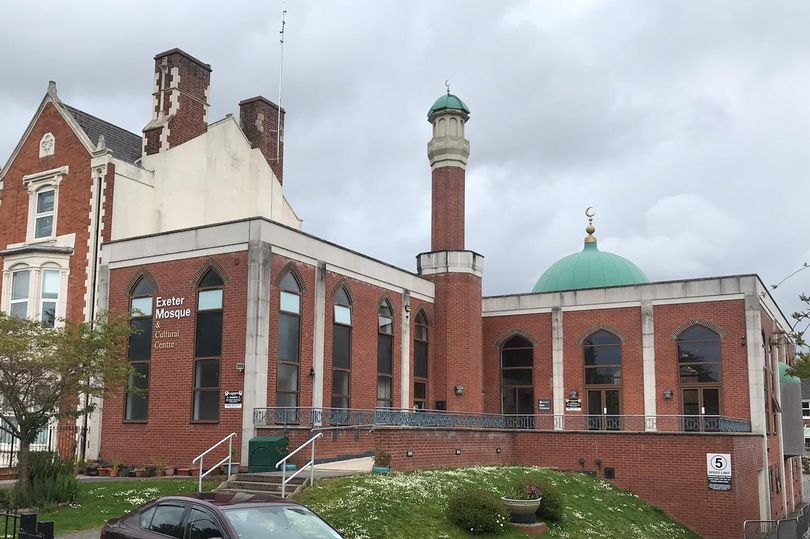
- Study the life and teachings of Guru Nanak and the concept of equality in Sikhism.
- Explore the use of art in religious beliefs and spirituality.
- Learn about the Prophet Muhammad’s leadership and impact.
- Investigate Hindu and Sikh creation stories and the concept of dharma.
- Examine the idea and significance of pilgrimage in various religions.
- Reflect on Jesus’ treatment of outcasts and its impact on Christians.
- Understand how key individuals shape beliefs and practices.
- Explore art as a spiritual practice and its role in understanding faith.
- Discuss how belief in dharma influences care for the planet.
- Examine how pilgrimages deepen faith and connect believers to their traditions.
- Reflect on how Jesus’ example influences Christian attitudes toward others.
- Sustainable living: Develop eco-awareness and understanding of climate change.
- Consider questions like “What would you uninvent?” and “Are we becoming too reliant on technology?”
- Texts: The Window, Tin Forest.
Year 5
In Year 5, pupils deepen their understanding of leadership and inspiration across religions and worldviews, guided by the enquiry question, “What makes a leader inspirational?” Pupils develop an awareness of the key figures in the Abrahamic religions—such as Moses, Jesus, and Muhammad—and explore their teachings and influence. They learn about the specific characteristics of leaders, both religious and non-religious, and consider how these individuals inspire others through their actions, values, and stories. Through the study of topics such as Jewish identity, Jesus’ challenge to authority, forgiveness and reconciliation, the experiences of Muslims in Britain, and the perspectives of Humanists and Buddhists, pupils reflect on how key principles are taught and lived out. This approach encourages pupils to evaluate what makes leadership meaningful and how stories and preaching shape beliefs and communities.
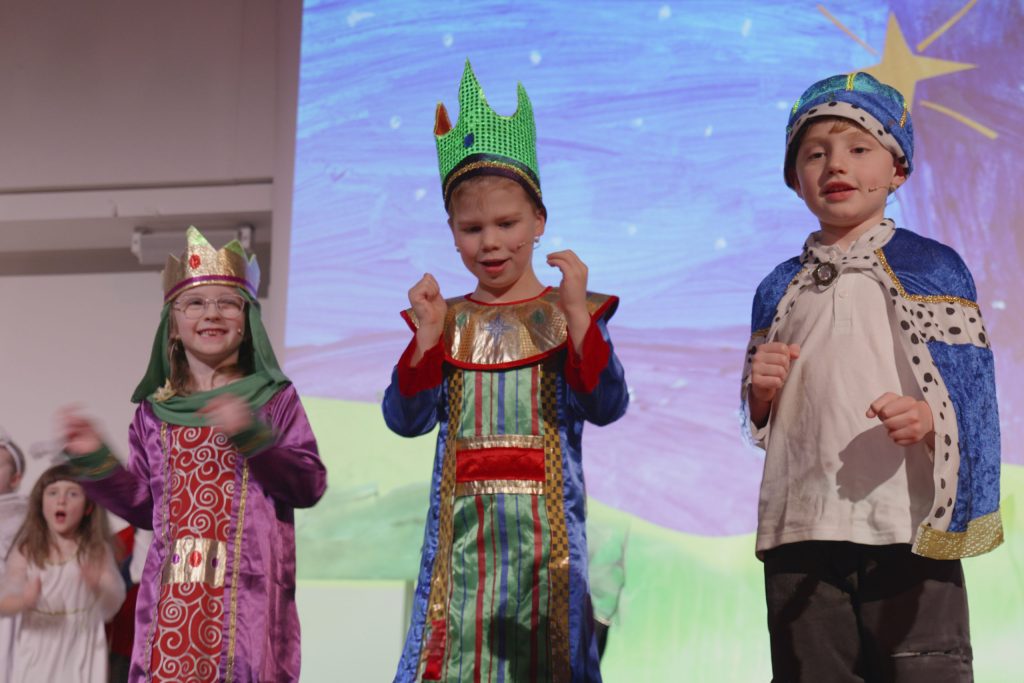
- Explore how remembering creates Jewish identity through festivals and stories.
- Study Jesus’ interactions with figures of authority and his challenge to power.
- Investigate the concept of forgiveness and reconciliation in Christianity and Quakerism.
- Learn about the experiences of Muslims in Britain and the principles of Humanism.
- Discover the life and teachings of the Buddha and their impact on Buddhists.
- Understand how values shape beliefs and actions across Judaism, Christianity, Islam, Humanism, and Buddhism.
- Discuss how festivals and stories support Jewish identity.
- Explore how Jesus’ example inspires advocacy for justice and equality.
- Examine the challenges and joys of being Muslim in Britain.
- Reflect on Humanist and Buddhist perspectives on life and morality.
- Fairness and equality: Discuss equal opportunities, freedom, and discrimination.
- Explore questions like “Can you have too much power?” and “Is it ok to be different?”
- Texts: Three Monsters, The Tunnel.
Year 6
In Year 6, pupils investigate the concept of creation stories and how they help explain why the world is as it is, guided by the enquiry question, “How do different stories explain our world.” Pupils explore a range of creation narratives from different religious traditions, including the Bible, the Quran, and the Guru Granth Sahib, considering what these texts say about God and the origins of the universe. They examine how different communities interpret these stories—whether as literal accounts or as poetic, symbolic narratives—and discuss the diversity of belief within and between faiths. Through this enquiry, pupils are encouraged to reflect on the significance of creation stories, the questions they raise about existence and meaning, and to form their own considered views about the place of such narratives in religious and secular worldviews. This approach also develops pupils’ critical thinking, deepens their understanding of scripture, and fosters respect for a range of perspectives on the origins and purpose of life.
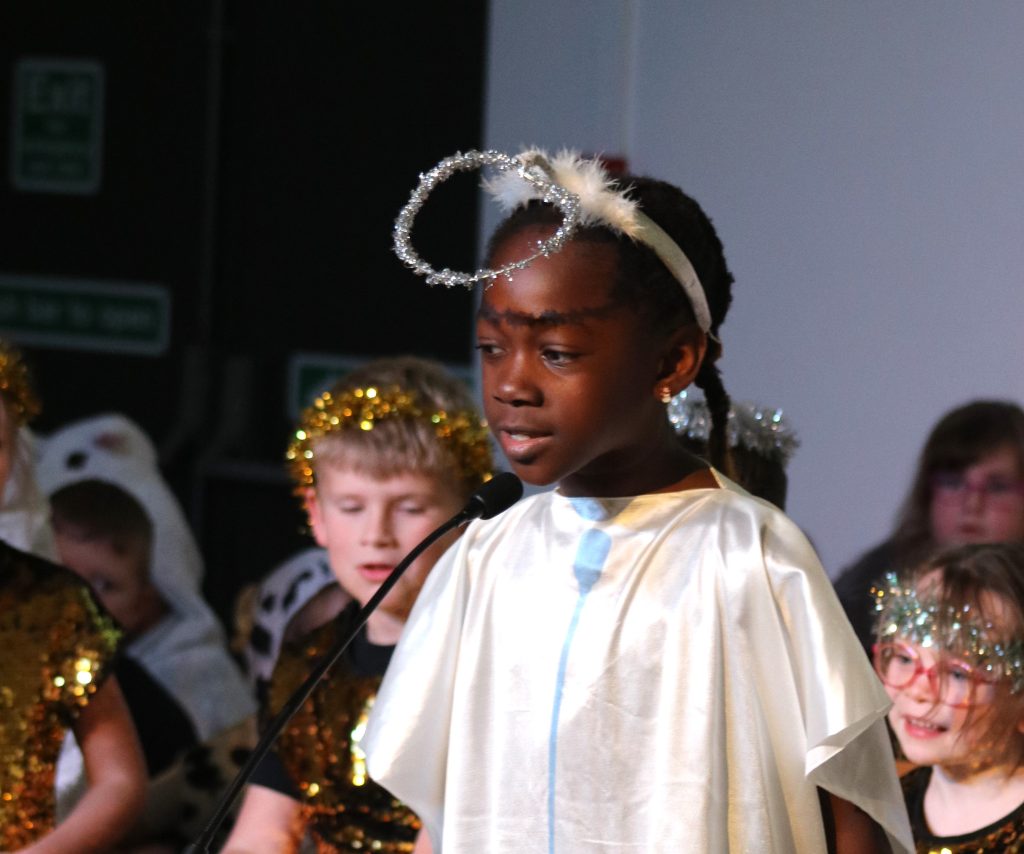
- Investigate Hindu beliefs about Brahman, karma, samsara, and moksha.
- Explore the story and significance of Khalsa in Sikhism.
- Examine the concept and impact of pilgrimage in Christianity and Hinduism.
- Study diversity within Christianity and different church traditions.
- Discuss ethics and values from Christian, Islamic, Humanist, and philosophical perspectives.
- Explore worldviews and changing communities in the UK and globally.
- Understand the diversity of belief and practice within and between religions.
- Explore how pilgrimage sites bridge physical and spiritual worlds.
- Discuss how values influence daily life and overlap across worldviews.
- Reflect on how worldviews are shaped by context and community.
- Rights and responsibilities: Discuss human rights, responsibilities, and activism.
- Consider questions like “Do we all have the same rights?” and “Is it ok to change your mind?”
- Texts: The Island.
Contact: admin@tcat.education
Phone: 01392 304040
© The Cornerstone Academy Trust 2025



